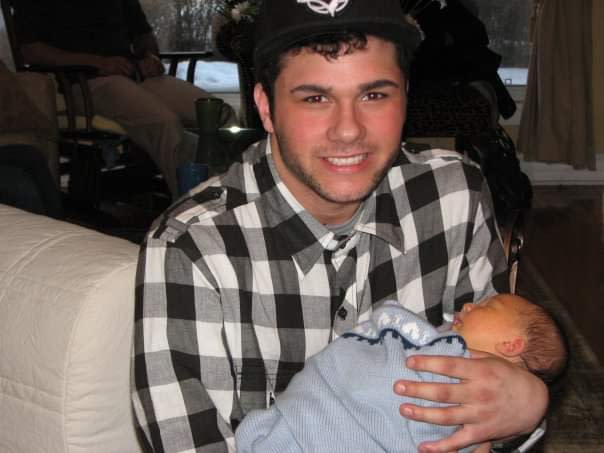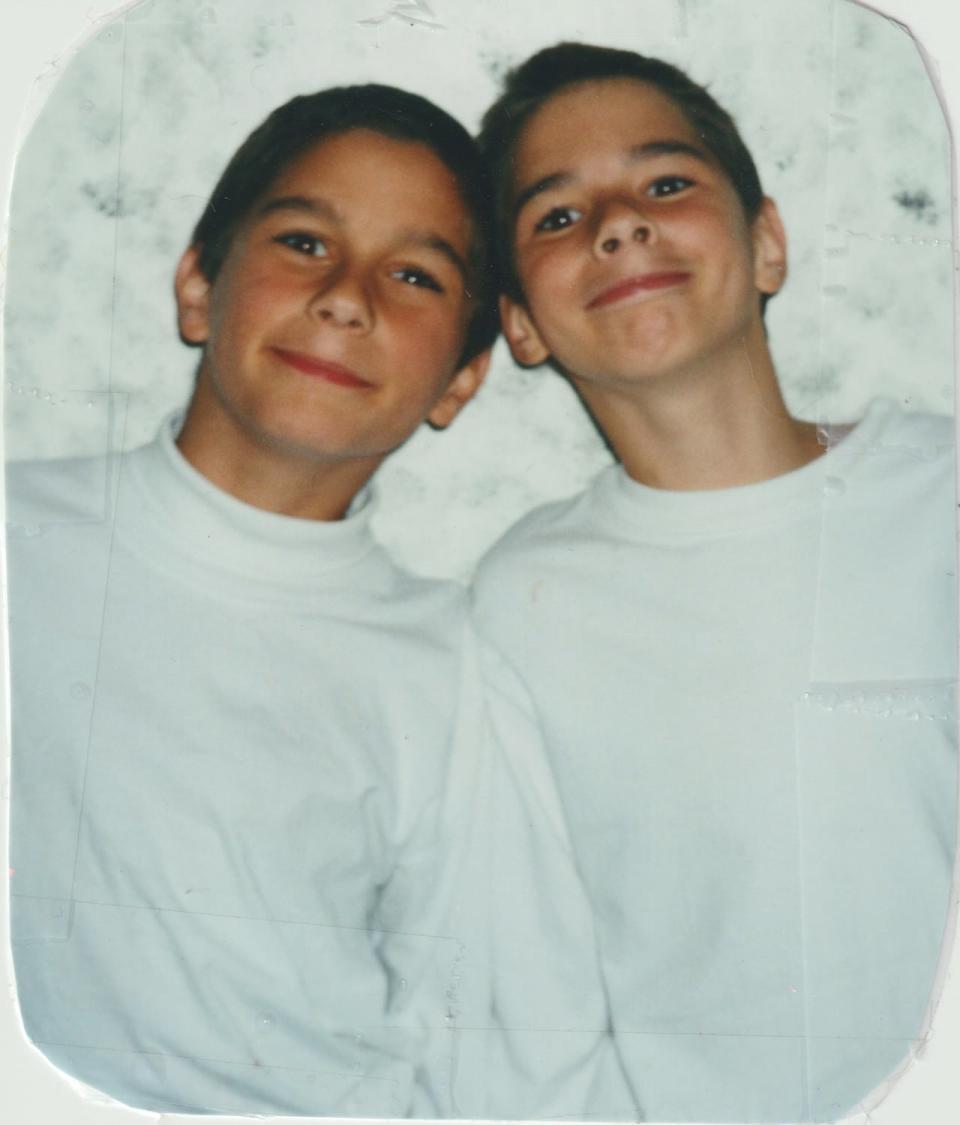Jury ends inquest into Attila Csanyi's death, recommends review of residential care facilities

The jury in the inquest into Attila Csanyi's death recommends the Province of Ontario and the City of Hamilton conduct a "comprehensive review" of residential care facilities in Hamilton.
Over the course of the inquest, jurors heard witness and expert testimony raising questions about the suitability of such facilities for people with complex health needs like Csanyi, who the jury heard was improperly evicted from one such home several weeks before his death downtown in May 2020.
Conducting a review is one of 21 recommendations the five jurors made Tuesday, aimed at preventing similar deaths. The jury deliberated after receiving instructions from the inquest's presiding officer, Jennifer Scott, who told them the goal of a coroner is to "speak for the dead to protect the living."
In that sense, she said, the jury was speaking for Csanyi. She informed them that their recommendations must follow the law and be based on evidence they heard. Scott also cautioned jurors about making recommendations involving funding, noting those must be specifically targeted toward the right parties or they risk being ignored.
"You may wish to ask yourselves whether you have been convinced by the evidence that there are gaps or deficiencies that need to be addressed," she said.
The jury's recommendations include:
That the city and province review residential care facilities (RCFs), taking into account the needs of people who live in them, and the need for political oversight
That the review be used to develop new housing models
That new oversight mechanisms be applied to residential care facilities
That the Ministry of Municipal Affairs and Housing make funding more responsive to local needs
That the city explore enabling RCFs to practice harm reduction for drug users
That the city track evictions from RCFs, as well as voluntary transfers or termination of tenancies
That the city educate RCF residents about their rights as tenants
That Sampaguita Lodge and Rest Home complete training on the Residential Tenancies Act and let all residents know about their rights under it
Jury issues 21 recommendations
The jury's recommendations are directed to the city, province, the Ontario ministries of Municipal Affairs and Housing, and Health, and the Sampaguita Lodge and Rest Home where Csanyi lived. Many are joint recommendations to two or more parties.
These are non-binding but Scott said there is an obligation for parties to respond, and an expectation they act. The recommendations did not need to be unanimous. Scott said the support of three out of five jurors was sufficient.

Sampaguita Lodging and Rest Home is located on Bay Street in downtown Hamilton and is where Attila Csanyi lived months before his death in 2020. (Samantha Beattie/CBC)
The jury, which was initially selected by a coroner's constable from a provincial jury roll listing eligible community members, also delivered a verdict. In this case, a verdict is an official statement of facts regarding Csanyi's death including where and when he died, and how — by an accidental drug overdose.
Prior to deliberations, they received 19 recommendations from parties involved in the inquest, which included lawyers for the inquest, the Csanyi family, the City of Hamilton, Hamilton Police Service and St. Joseph's Healthcare Hamilton. A constable was assigned to help jurors but they alone were responsible for assessing those recommendations or crafting their own. The family recommended that the city create a system that would let people looking for a spot in a residential care facility get more information about each facility.
The roughly two-week inquest was not to assign blame, but to prevent future deaths. The jury heard testimony about Csanyi's early life, but it was mostly focused on the last two years of his life, with details about his mental health, and time in a Hamilton long-term care facility.
In issuing instruction to the jury, Scott expressed how challenging the inquest must have been on the Csanyi family.

Attila Csanyi, left, with his twin brother, Richard, as children. They spent part of their childhood in foster care in Toronto. (Submitted by Nisus Pictures)
Attila Csanyi's brother, Richard, and father, Alex Geczi, both served as witnesses at the inquest, sharing details about Attila's difficult childhood, and abuse Richard said the brothers experienced.
"Richard was a very strong advocate for Attila, and Attila for Richard," Scott said. "Without Richard's advocacy, we would not be here."
Richard Csanyi created a documentary about his brother's death and his search for answers, which helped drive interest and attention to the case.

